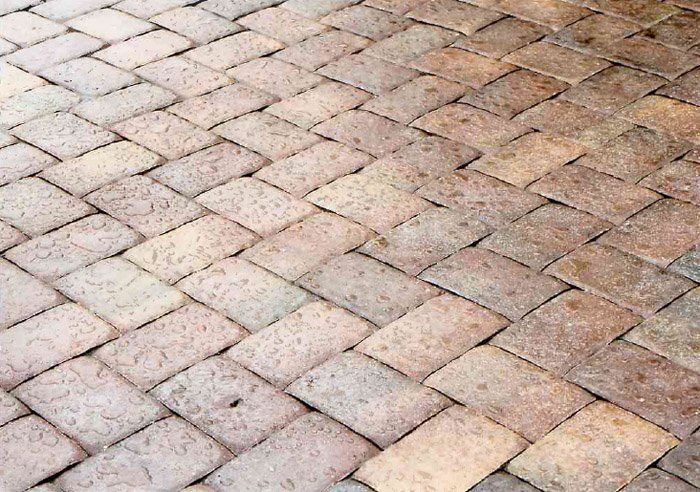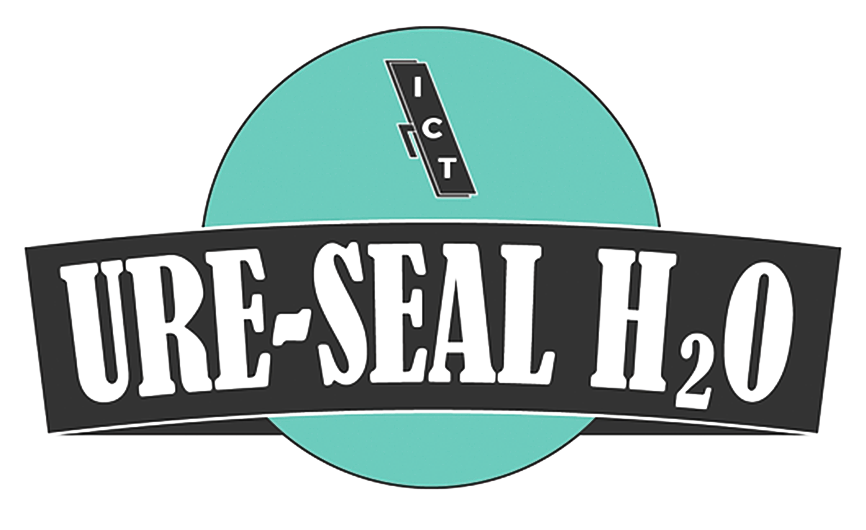Water or Solvent-based Sealers
Easy Test to Determine Water or Solvent-Based Sealers

Have your pavers been previously sealed? This is an easy test that you can perform before resealing an existing concrete surface. It is important to determine whether it was previously stained or sealed with a water or solvent-based sealer. Tropical Paver Sealing can help determine the type of sealer used, however, you can do this easy test yourself.
TEST: Pour a quarter sized amount of Xylene on an area that still has the most sealer remaining such as a corner where there hasn’t been a lot of traffic or wear. Allow the Xylene to sit for approximately 15 seconds. Wipe off any excess. Wait a second or two then touch the area. If it is tacky or sticky, your pavers were sealed with a solvent-based sealer. If it is not tacky or sticky, your pavers were sealed with a water-based sealer.
The rule of thumb is that a solvent-based sealer can go over bare concrete or an existing surface previously sealed with a solvent-based sealer. It cannot be applied over any surface previously sealed with a water-based product.
On the other hand, water-based sealer can go over bare concrete as well as both water and solvent-based sealers.
If your pavers have been previously sealed, Tropical Paver Sealers can still seal your pavers. We seal with a commercial grade, state-of-the-art, environmentally safe water-based sealer. This sealer is designed to be used on wet surfaces so there is no need to put off your sealing job during Florida’s annual rainy season.
If you have questions about sealing your pavers, or would like a free estimate to have your brick, travertine or river rock sealed, contact us. We look forward to making your pavers beautiful again.
The post Water or Solvent-based Sealers appeared first on Tropical Paver Sealing.


